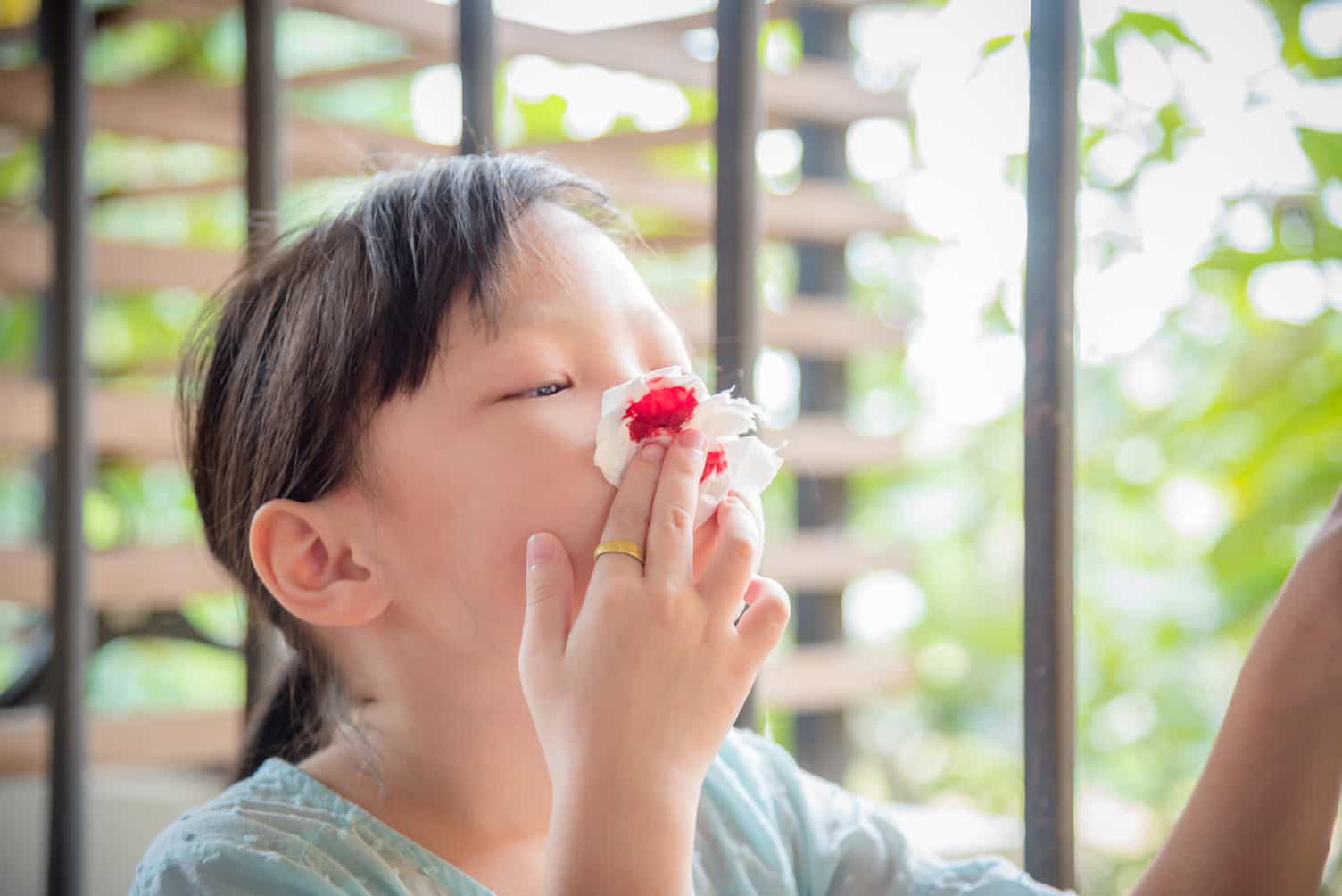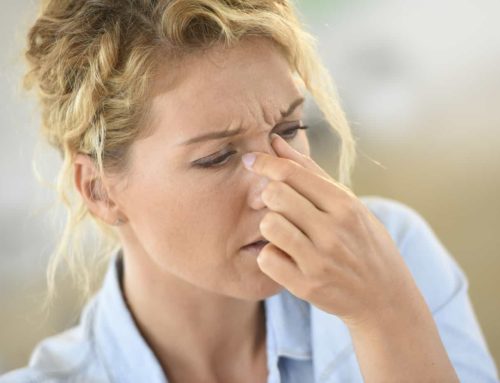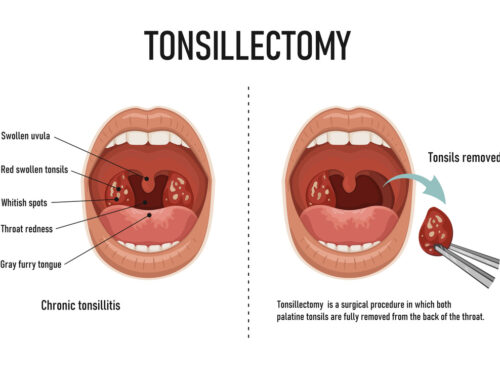A nosebleed can be distressing and inconvenient at any time. Most of us will get a nosebleed once every so often, but if it keeps happening you may begin to wonder why. Here, we will take a look at common causes of regular nosebleeds and how you can deal with them.
Most common nosebleed triggers
If you often suffer from nosebleeds, then it is important to be aware of the most common causes. One of these is dry air, which can occur naturally in climates that have low levels of humidity combined with high heat. It can also happen in high altitude areas.
However, in the UK this kind of dry air is usually encountered indoors during cold weather, when you might have your central heating on higher than normal. Another fairly common reason for nosebleeds occurring with some regularity is if you experience allergies.
Other reasons for nosebleeds
While we have looked at two common causes, there are other reasons why your nose might bleed. These can include blowing your nose very hard, picking your nose, or encountering an injury to your nose. Nosebleeds can also be a result of some medications.
What to do during a nosebleed
In most cases, you can take care of a nosebleed on your own. You should try to keep calm and sit upright while leaning slightly forward to keep the blood from running backwards down your throat. Hold your nose shut for up to ten minutes to stem the bleeding, and once this has happened leave your nose alone. If it begins to bleed more, blow your nose very gently. In some cases, a decongestant can help.
When should I call my doctor?
If you have injured your nose or your nosebleed goes on for over twenty minutes, it is time to contact your doctor. You should do this immediately if you have a disorder that impacts how much you bleed or the ability of your blood to clot. You should also seek help if there is a large amount of blood that interferes with your breathing. Always contact a doctor if your nosebleed coincides with you taking certain medication, such as blood thinners or aspirin.
What will my doctor do?
If your doctor cannot stop the bleeding with pressure alone, they can try cauterising your nose or packing your nose to increase the pressure until your nose stops bleeding.
Can I stop nosebleeds from occurring?
Sometimes, nosebleeds will happen without warning and you cannot stop this. But if you want to cut down your chances of nosebleeds, you should ensure that your nose doesn’t become too dry, and use saline nasal sprays to encourage a moist environment. Having a humidifier in your home can also help, especially during the dry winter months.
Avoid picking your nose or blowing it hard or often, and avoid using over the counter cold medication or allergy medication consistently, and discuss any prescription medication with your doctor to fully understand if this may be a side effect. Of course, one of the best ways you can improve your overall health and prevent nosebleeds is by not smoking as this can create irritation in your nose and throat, among other health issues.
While nosebleeds are often sudden and surprising, they are not usually a sign of something more concerning. However, if you are worried that you suffer from nosebleeds more than is normal, or they are particularly heavy or difficult to stop, get in touch with your GP or an ENT specialist to discuss potential reasons and treatments, and the possibility of seeing an ear, nose and throat doctor.






